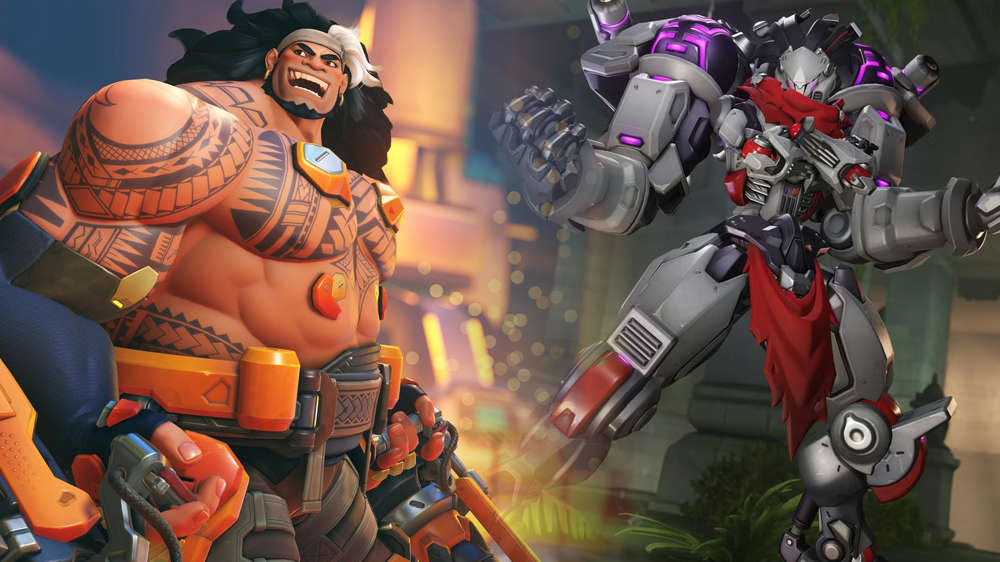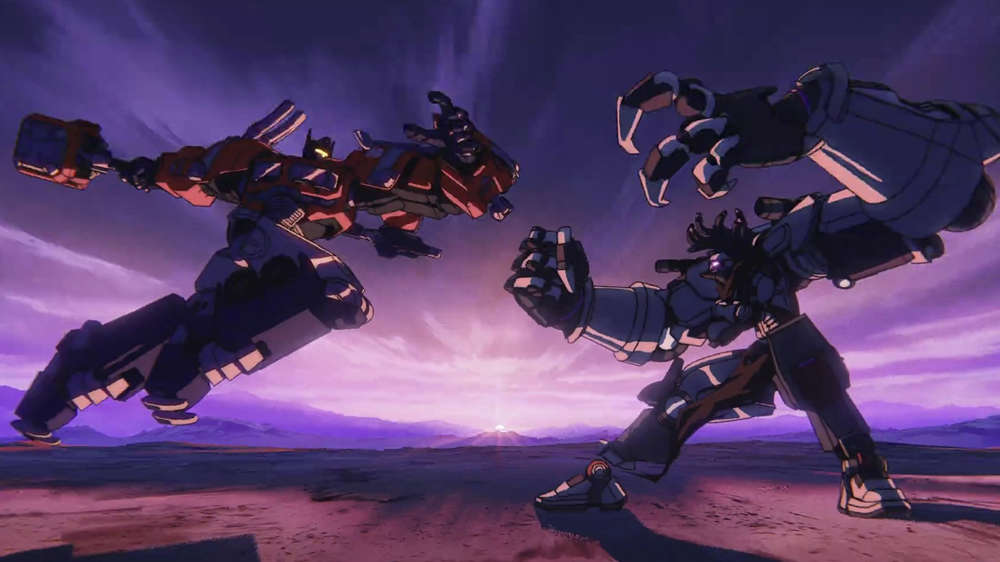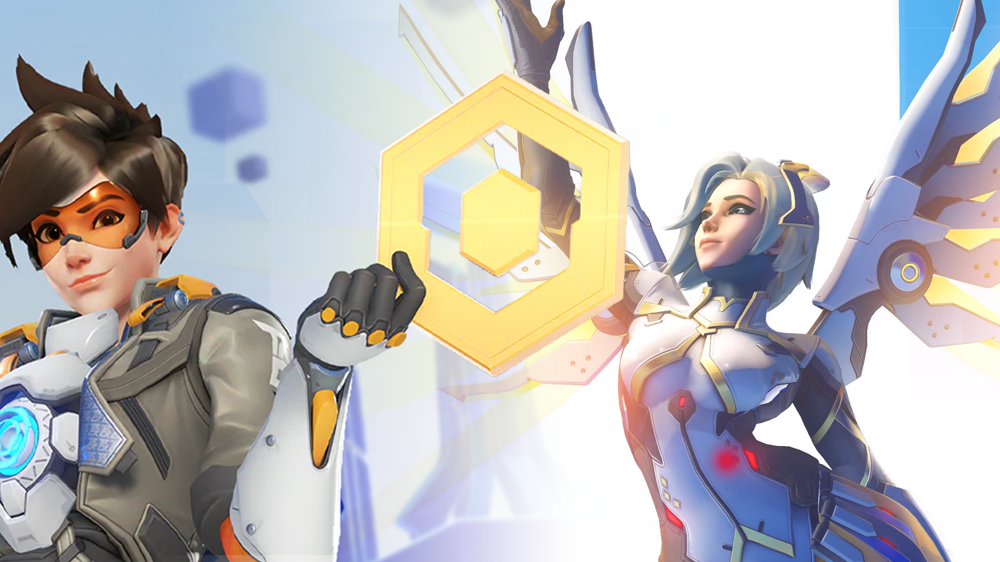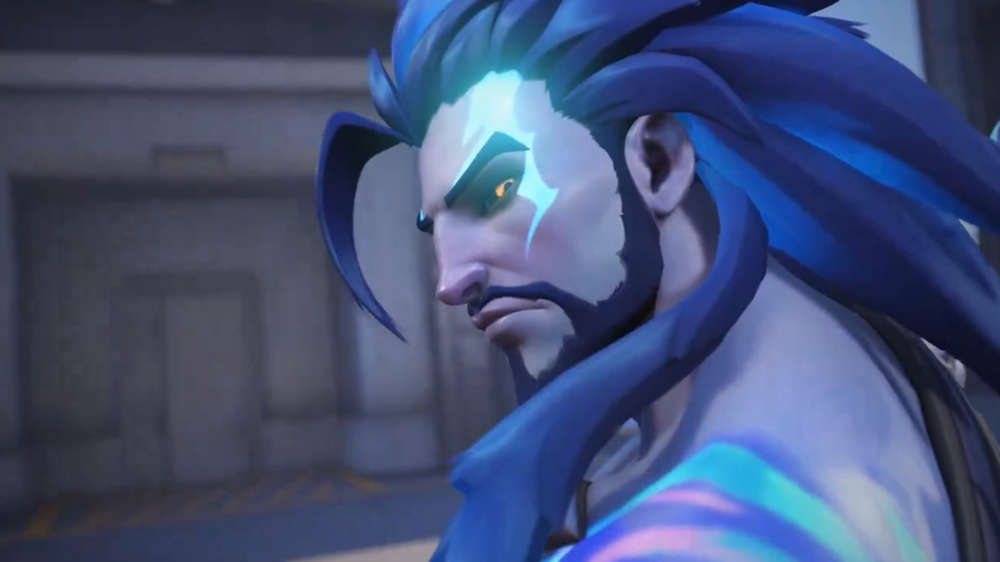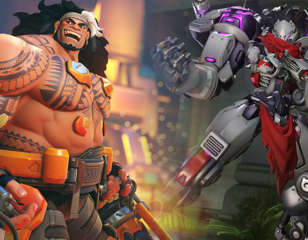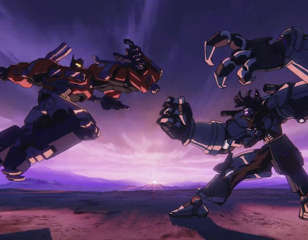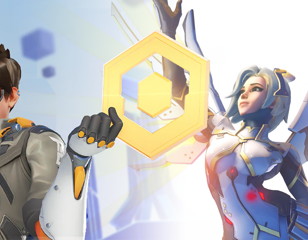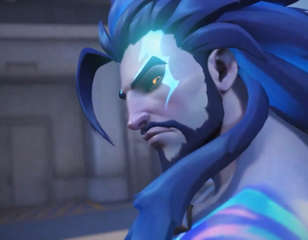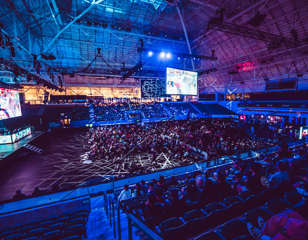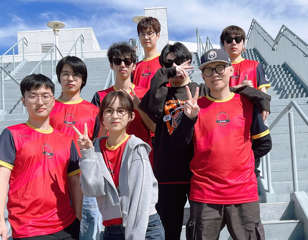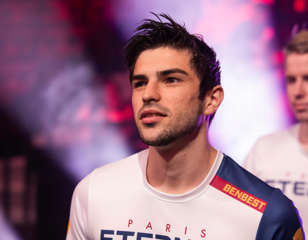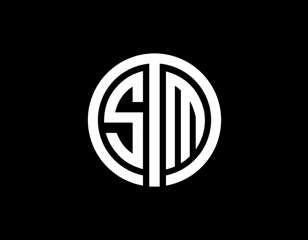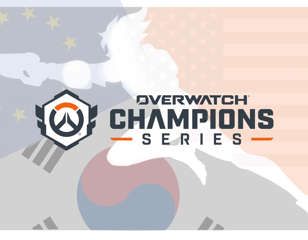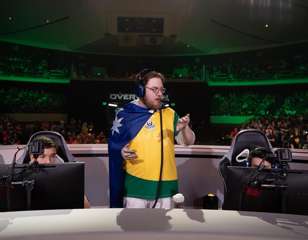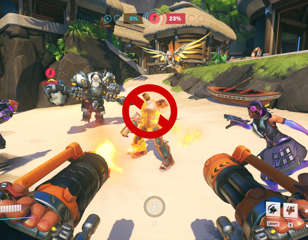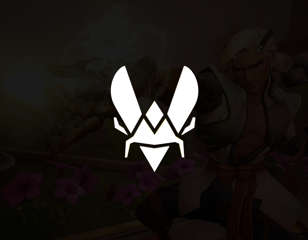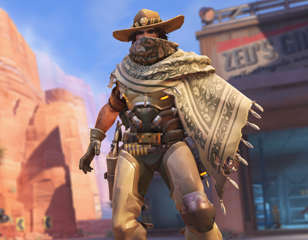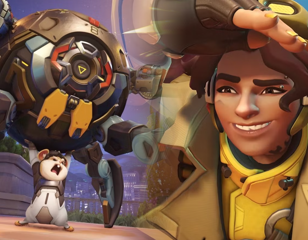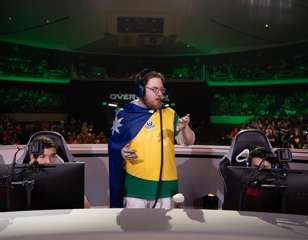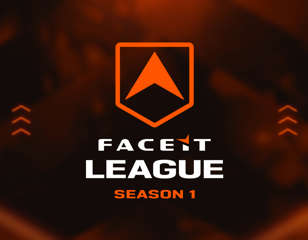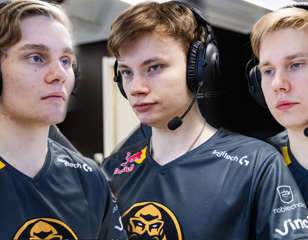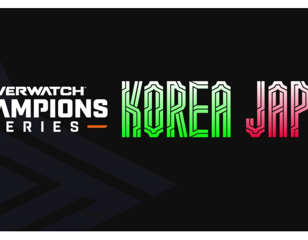Sentinels CEO and former LA Gladiators lead shares thoughts on OWL's underlying issues
Sentinels CEO Rob Moore has shared his insights into Overwatch League, gained during his time heading the operations of the LA Gladiators for Kroenke Sports and Entertainment, pointing out various principle issues.
08th Feb 2024 16:35
Image via Unnamed with Wyatt Rivers
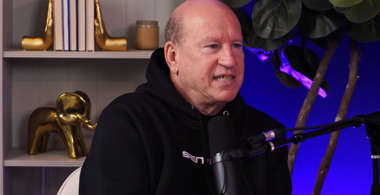
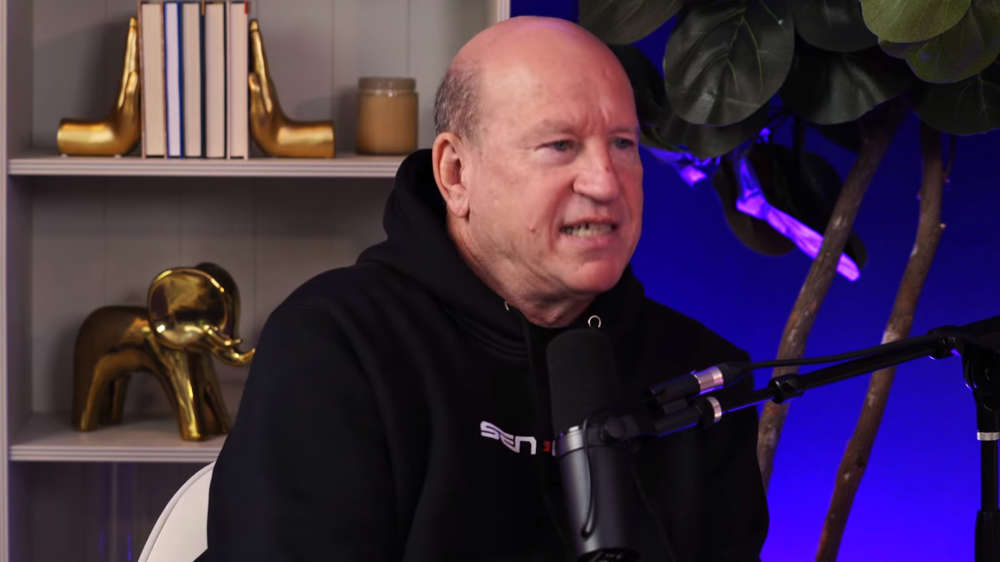
Sentinels CEO and former LA Gladiators lead shares thoughts on OWL's underlying issues
Sentinels CEO Rob Moore has shared his insights into Overwatch League, gained during his time heading the operations of the LA Gladiators for Kroenke Sports and Entertainment, pointing out various principle issues.
08th Feb 2024 16:35
Image via Unnamed with Wyatt Rivers
Sentinels CEO and former Los Angeles Gladiators Lead Rob Moore shared his viewpoint on the demise of the Overwatch League (OWL), pointing out a conceptual lack of long-term commitment to evoke a sense of tradition within the fan base.
Moore has some fascinating insight, also pointing to a general decline in the interest of Overwatch, as well as a lack of marketing during the streaming platform transition to YouTube for season 3.
A strong start
On the podcast "unnamed with Wyatt River", the broadcast talent and content creator led Sentinels CEO Rob Moore through various topical subjects mostly relating to VALORANT but also touched on wider esports industry subjects.
Eventually, the conversation turned to the Overwatch League, for which Moore's company had operated a franchise slot for Kroenke Sports and Entertainment (KSE) during the first two seasons.
Through his experience with the Los Angeles Gladiators, Moore gained insight into the initial pitch of OWL. After season 2, Sentinels and KSE fell out over a verbal agreement dispute ending in a lawsuit. Sharing his thoughts on the problems with OWL, the former Paramount Pictures chairman recalled that the League had been off to a good start.
"Year one was as big a success as you could possibly have," Moore said, arguing that its performance gave the league enough leverage to increase franchise slot prices from 20 to over 30 million USD for the eight expansion teams joining in the second season.
OWL's ambitious goal to become a global league with homestands across its various franchise locations was planned to only come into effect by season 3, with the first two seasons taking place at the Blizzard Arena in Burbank, CA.
"They had this notion that the key to traditional sports is that you grow up with a fanship in your DNA that was passed to you by your parents or grandparents," Moore recalled, elaborating that "there was a thought of 'that is what we’re going to do in esports. We’re going to create that dynamic'."
An insufficient scope for a proof of concept
Forcing the creation of new brands tied to a city or state, like the Los Angeles Gladiators or the Florida Mayhem, Activision Blizzard tried to find this hook into the local culture. Moore argued that the scope of the task had been underestimated.
"What that missed was, the NHL, the NBA, the NFL, Major League Baseball, have all been around for 70 to 100 years. There is this tradition that wasn’t the way that people were approaching the issue to say ‘If that’s the ecosystem you want to create, then you need to be thinking about this in a ten and 20-year time frame.'"
Explaining that it would only start going into full effect when the next generation raised by OWL fan parents came along, Moore argued that the league never got to even explore this idea due to its early demise.
"They underestimated the investment you would have to make. Whether that would work or not, I don’t know, but I think if you want to try to see it work out you really had to make that level of commitment."
The rising operational costs of a team travelling the globe, building stadiums in their local markets, and running broadcast production on sight, among other expenses, would've added "a massive layer of cost," according to Moore.
With the league set to run its first fully international year with teams hosting at least two homestands each in 2020, the global pandemic COVID-19 shut down these plans.
The Sentinels' CEO also found issues with the rapid switch of streaming platforms. "For better or worse, it got moved to YouTube in the dark of night, the day before the season starts with no big marketing push," which stood in stark contrast to the marketing efforts the league had put forth for the inaugural season.
Moreover, Moore saw another major with the game at large. "Overwatch started peaking and declining in popularity as a game and then Overwatch 2 was getting delayed and delayed," also contributing to OWL’s difficulties.
In November 2023, the Overwatch League announced that it would be transitioning to a new competitive system, now known as the Overwatch Championship Series, an open system run by third-party tournament organisers ESL FACEIT Group and WDG Esports.

About The Author
Sascha Heinisch
Sascha "Yiska" Heinisch is a Senior Esports Journalist at GGRecon. He's been creating content in esports for over 10 years, starting with Warcraft 3.
Related
More Like This
OWL-winning Coach of the Year retires due to 'lack of financial incentives'
One of the main characters of the last two years of competitive Overwatch just retired, citing gruelling work hours and a lack of income opportunities. Is this yet another canary in the coal mine event for the esport?
61 weeks ago
